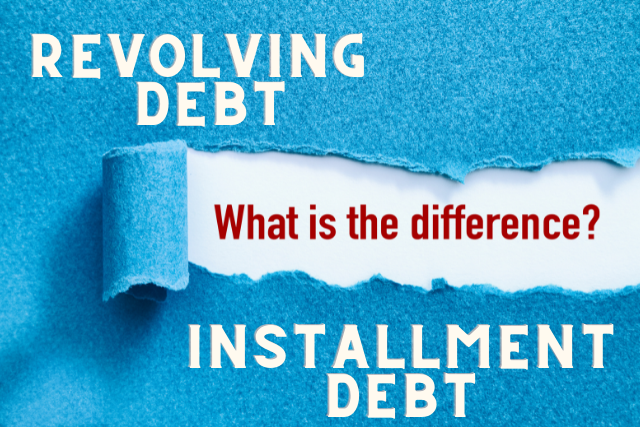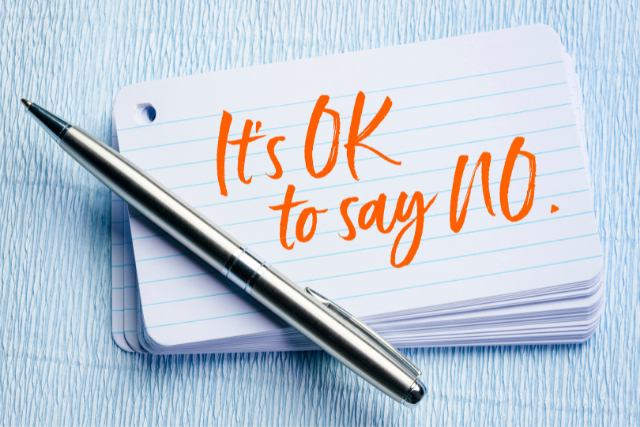
Installment And Revolving Debt Affect Scores Differently
September 4, 2022
Things That Do Not Influence Your Credit Scores
September 4, 2022When I write articles about credit I rarely give my personal opinions on the topic. I generally believe that adults should make adult decisions on their own, after doing their own research and due diligence. According, my opinions might cloud their judgment. This is an exception to my rule. When people ask me, “should I ever co-sign for credit” my answer is almost always, no.
What is co-signing?
There’s a very smart Fair Credit Reporting Act attorney named Len Bennett in Virginia whom I once heard tell a large audience, “there is no such thing as co-signing, there’s also-signing.” He’s 100% correct. When you co-sign for a loan, credit card, apartment, or anything else, you’re actually signing some form of contract that makes the debt or lease obligation “also” yours.
Co-signing is a method by which you are pledging your credit, your income, and your agreement to be liable on behalf of another person who is not qualified enough to get credit or housing on their own. So, you’re essentially telling a bank, card issuer, or apartment complex that you are willing to step in and make payments on an obligation if need be. That’s co-signing in a nutshell.
The only reason someone would need a co-signer is that they either don’t make enough money to qualify for a loan on their own, or their credit quality isn’t good enough to qualify on their own. So, you’re essentially doing something that the lender isn’t willing to do, grant access to your credit and income on behalf of an otherwise unqualified borrower.
What if the borrower defaults?
This is kind of a trick question because you’re the borrower too. So, the real question is what happens if the obligation goes into default? That’s an easy one to answer. What happens is the same thing that happens when almost every other obligation goes into default, which is a bunch of bad stuff.
That bad stuff will likely include negative credit reporting, assignment to a debt collector, and possibly lawsuits from collection attorneys. So now what? You’re just a “co-signer”, right?
The problem is that you’re not just a co-signer, you’re an also-signer, which means you’re no different than the other person on the contract. It doesn’t matter if you don’t drive the car, don’t live in the house or apartment, or are not attending college where your student loan funds are going. You. Are. Equally. Liable. For. Everything!
You won’t be able to sue your way out of liability. You won’t be able to sweet-talk the lender into letting you off the hook. And, you won’t be able to convince the credit bureaus to delete the debt/default/late payments from your credit reports…because you’re an also-signer.
Even if the loan/lease/credit card account is always paid on time, co-signing is still damaging. When you co-sign and agree to be liable for a debt, the debt will likely show up on your credit reports. That means future lenders can take that debt into account when deciding if you have the capacity to take on more debt, perhaps your own mortgage or auto loan.
The issue is your debt to income ratio (DTI), which is the sum of your monthly payment requirements divided by your gross monthly income, expressed as a percentage. DTI doesn’t ignore the fact that your payment obligation is on a co-signed obligation because, again, you’re liable! So, if you co-signed for a debt and the minimum payment requirement is considered in the DTI ratio, it’s going to be higher and perhaps disqualify you for your own future credit endeavors.

Just say no!
Nothing makes for a more uncomfortable Thanksgiving dinner with family than to sit across the table from someone who defaulted on a loan on which you were a co-signer. If you do choose to co-sign just be sure you fully understand that it’s really no different than you taking out the obligation on your own, other than the hope that the “other” signer is going to make the payments and properly manage the obligation.
It might be easier, and more financially healthy, for you to avoid all requests for co-signing. Once you sign on that line it’s going to be next to impossible to have your name removed. To the extent my opinion matters, just say no.


